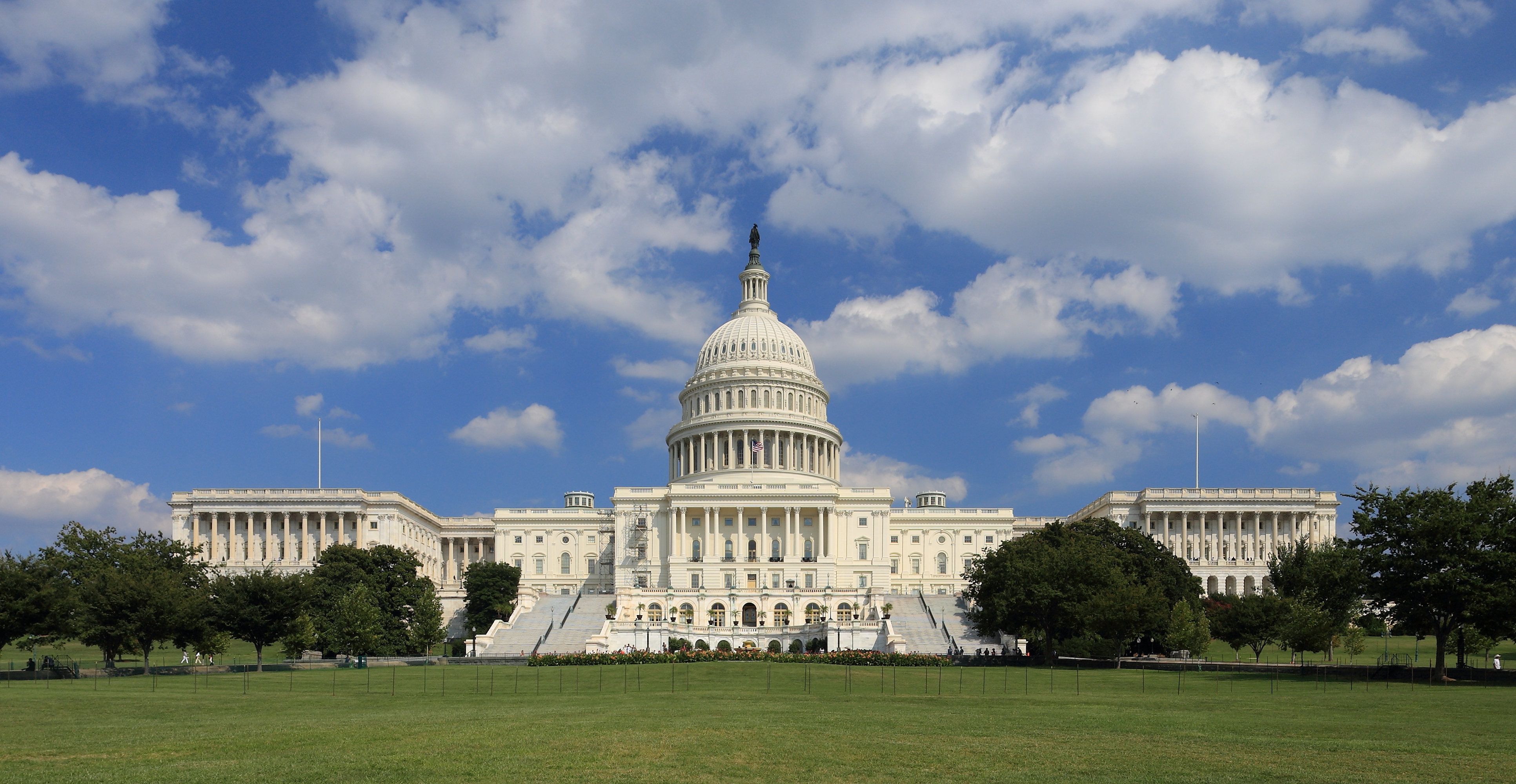Another Victory for the Status Quo in the 2017 Federal Budget

Image by Martin Falbisoner via Wikimedia Commons / CC BY 3.0
Democrats and Republicans came together in the nation’s capital and finally passed the federal budget which will see us through to the end of the 2017 fiscal year. In early May, both political parties were sufficiently satisfied with the status quo to achieve consensus on a near-term budget, thereby minimally changing the functioning of the country and failing to implement the vast majority of Trump’s policy goals.
This is the first major bipartisan legislation to be passed by Congress since Trump took office. This budget will guide the federal government’s spending through September 30 of this year. The bill passed 309-118 in the House on May 3 and 79-18 in the Senate on May 4. In the House, Republicans voted 131-103 whereas Democrats voted 178-15. On May 5, President Trump signed the bill into law.
Democrats won big in this budget despite Republican control of the House of Representatives, Senate, and White House. There is no money being allocated towards funding Trump’s promised border wall. Planned Parenthood will continue to receive federal funding at its current levels. The Environmental Protection Agency, which Trump fought to cut by 30%, is only being cut by 1% with no cuts to staff. Non-defense domestic spending, despite Trump’s prior wishes, will increase. Such spending will extend health benefits to coal miners and increase disaster relief money for states. And, as of now, the federal government will continue to pay Obamacare subsidies. NPR says that Democrats, “flexed their leverage in spending negotiations.”
As for the Republicans, there were some gains in regards to Trump’s agenda. Jennifer Hing, a spokeswoman for House Appropriations Committee Chairman Rodney Frelinghuysen (R-N.J.), said, “The agreement will move the needle forward on conservative priorities.” The EPA, for example, while minimally cut, still had money retracted. Military spending is set to increase by $12.5 billion, or $15 billion if Trump can put together a detailed plan on how to defeat the Islamic State. This is about half of the $30 billion that Trump wanted for the military. These small compromises helped the budget pass.
Trump appears to be failing thus far in his quest to completely change the United States into his ideal nation. According to the LA Times, the budget is, “something of an embarrassment to the White House.” Why did Trump lose with the budget?
As we’ve seen over the past six years, when there was a Democratic president, a Republican majority in the House, and, since 2014, a Republican majority the Senate, Republicans and Democrats needed to comprise in order to avoid a government shutdown. It became clear that this was not an empty threat when the federal government did in fact shutdown from October 1 through October 16, 2013 due to Congress’ inability to pass the 2014 federal budget. Even with the present Republican-dominated federal government, Democrats can still threaten a government shutdown given the thin Republican majority in the Senate. Therefore, everyone typically gets something in the budget. For now, Republicans have been spared, “the embarrassment of seeing the government shut down on their watch,” according to the New York Times.
The passage of this federal budget is just the latest piece of evidence showing that Trump is an ineffective president who cannot even muster the support of his own political party. From the beginning of Trump’s term, we have seen a significant lack of focus on specific areas of policy and no formation of a concrete legislative agenda. Unlike his predecessors, Trump is not forging the proper relationships with those in the legislative branch of the federal government. Trump has much learning left to do on how to lead our country and properly assume the responsibilities of the presidency.
The Associated Press has called the budget “a lowest-common-denominator measure that won’t look too much different than the deal that could have been struck on Obama’s watch last year.” Likewise, Bloomberg reports that, “Overall, the compromise resembles more of an Obama administration-era budget than a Trump one.” So, as for the American people, the budget seems to be low on our list of worries in Trump’s America, at least for this year and perhaps for years to come.




